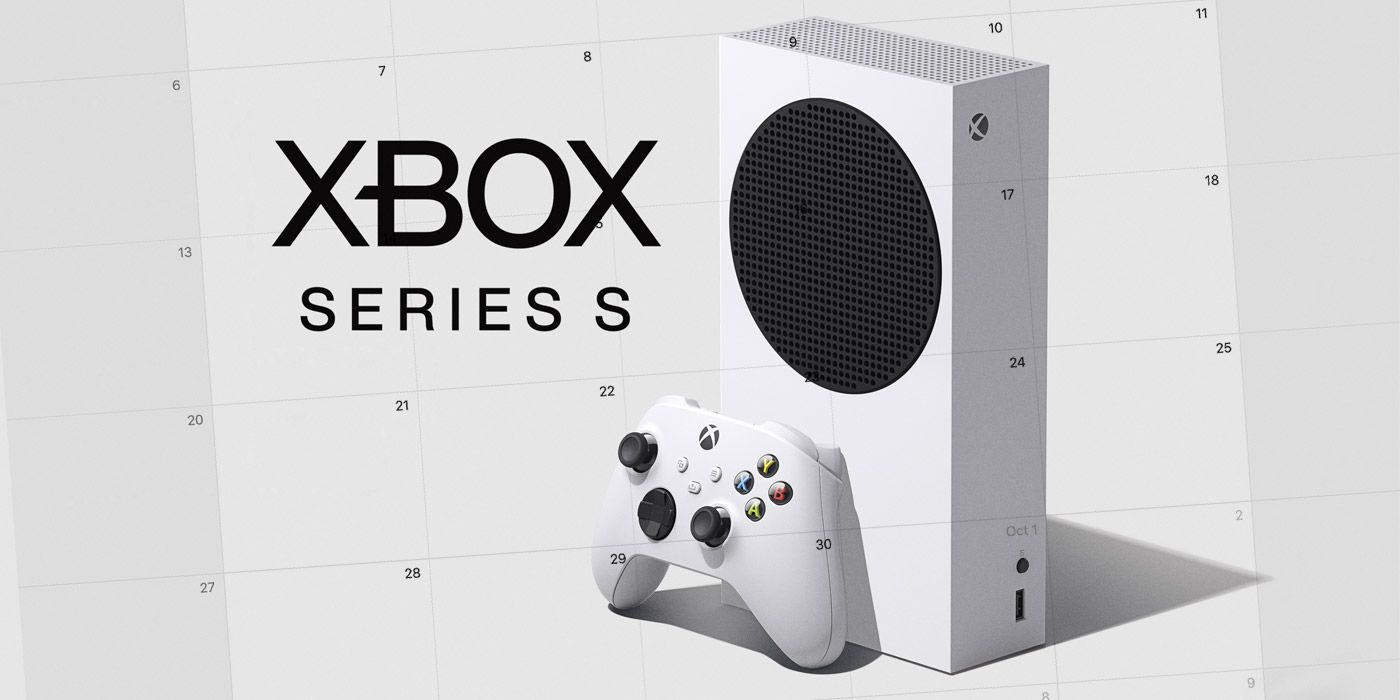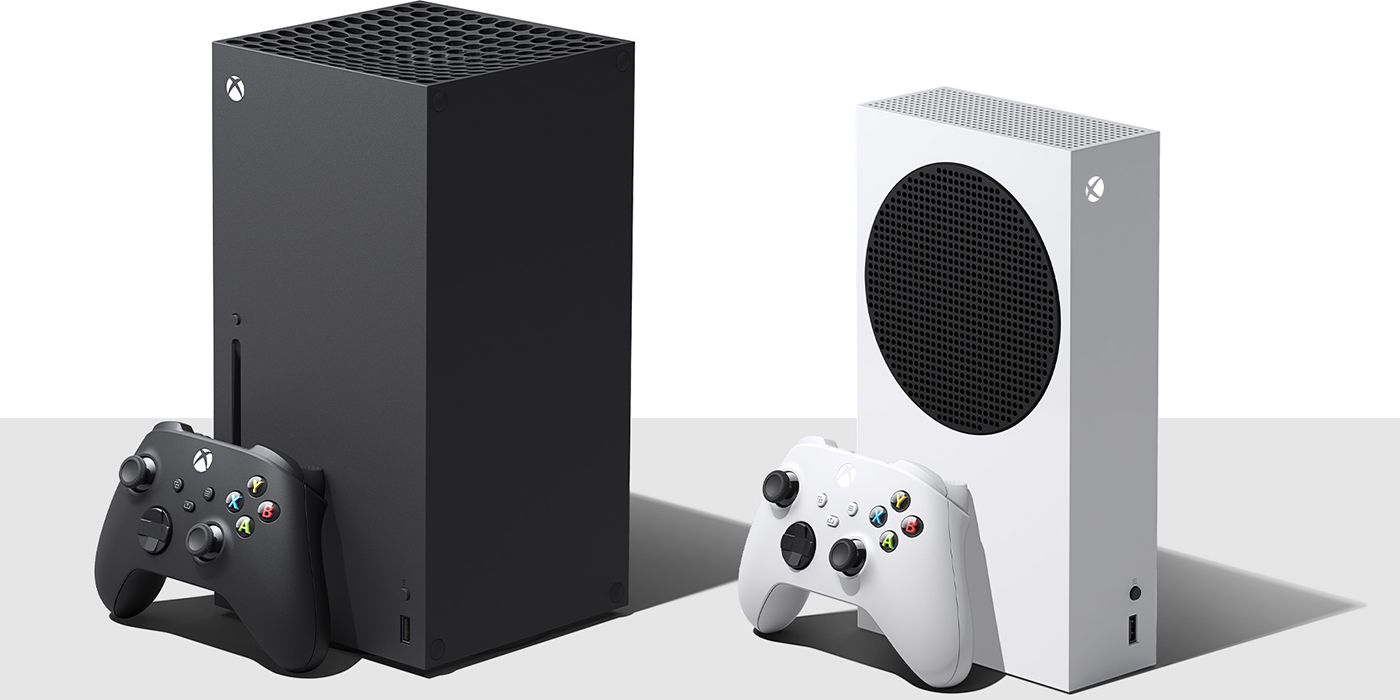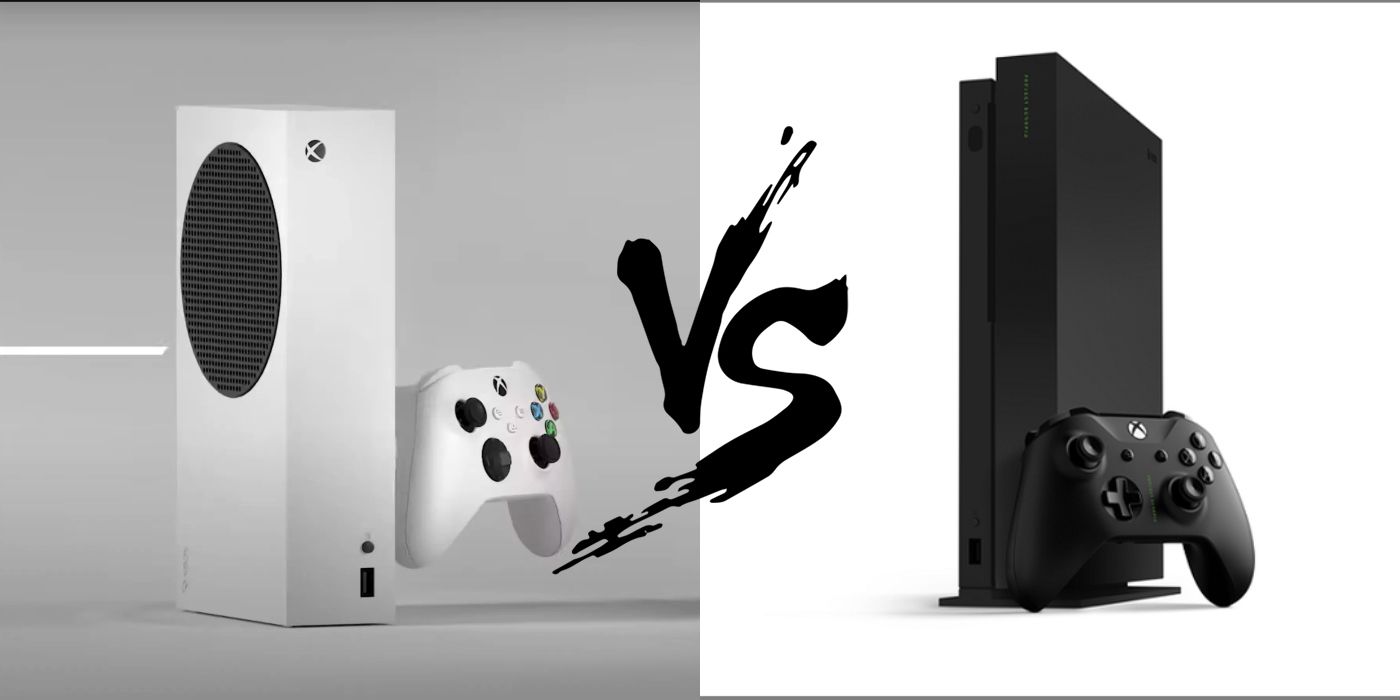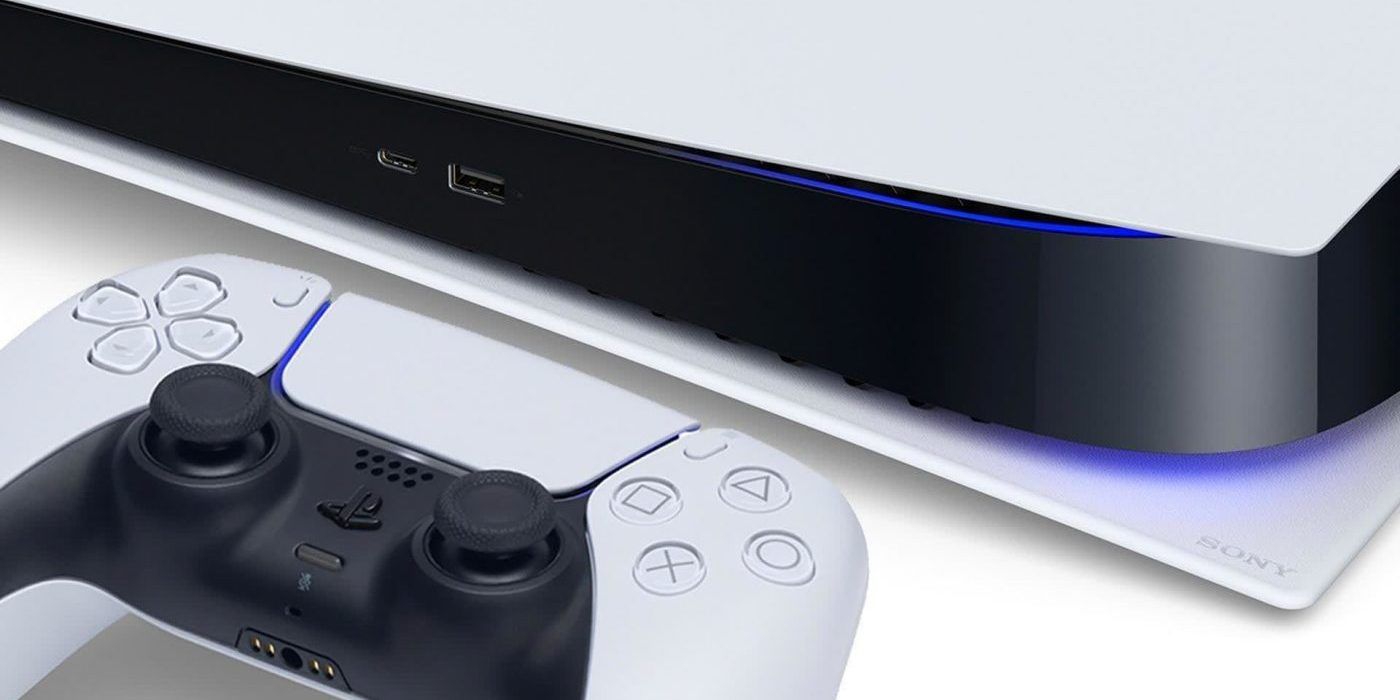If anything, Microsoft is giving players the most options in terms of jumping into next-gen gaming. Alongside the definitively high-end, next-gen Xbox Series X, consumers also have the option to get the Xbox Series S. The "best value in gaming" console is not only the smallest upcoming console, but gives players a cheaper hardware option catered for those who won't be playing 4K or physical games this holiday. By all accounts the Xbox Series S is an incredibly great value entry for next-gen gaming right now, but that may not be true later on.
While at the moment Xbox Series S does deliver on its promise as a budget-friendly next-gen console, that may not necessarily be true in the next few years. Xbox Series S has been designed with scalability in mind, but that doesn't necessarily mean developers will support it. Especially if this console generation has any version of the Xbox One X/PS4 Pro consoles, which would make developer optimization even less likely. Even PlayStation doesn't believe in the approach of a budget console. Here's why Xbox Series S has a problem with its longevity.
The "Scalability" of Xbox Series S
The value proposition of the Xbox Series S is largely bolstered by its lower price, despite its ability to still play next-gen games at lower resolution. However, there's an important middle-man that ultimately decides if a game runs well on the Xbox Series S: the game's developer. Because the Xbox Series S has a comparatively less intense graphics card than Xbox Series X, games will need to have their graphical fidelity scaled down to match the capability of Xbox Series S. The difference in power between Xbox Series X and Series S (12 TFLOPS vs. 4 TFLOPS) definitely isn't just a difference in resolution size.
The problem lies in developers, and whether the development teams decide optimizing a game for both Xbox Series X and Xbox Series S is worth the investment. As much as Xbox would like to promise that developing for the Series X and Series S is as flexible as developing for PC, the truth is that optimizing a game for two console environments instead of one still requires plenty of extra leg work. The "scalability" of Xbox Series S is open to interpretation, some developers have praised the console, some developers have criticized the optimization process for the console. This is certainly not a 2020 problem, but this could be an issue a few years down the line as more ambitious games are made.
Hardware Refreshes Could Pose a Problem for Xbox Series S
Even if it's a problem in the next few years, things could become a lot worse for Xbox Series S if another console refresh occurs mid-generation. During the last generation, both PlayStation and Xbox had console refreshes with Xbox One X and PS4 Pro. The same could prove true with Xbox Series X and PS5, as there's been a lot of talk about this upcoming console generation not lasting as long as the previous one. It's largely conjecture, but if significant advancements in resolution or graphics technology occur this generation, console refreshes in the middle of the Xbox Series X/S and PS5's lifecycle aren't totally unrealistic.
In the hypothetical situation where there's a PS5 Pro or an Xbox Series X2 this generation, that would mean the Xbox Series S all of a sudden becomes a minority playerbase compared to Xbox Series X and the new console. Best case scenario, games would need to be developed and optimized for three different Xbox consoles at once, depending on the technical specifications. If optimizing for two different consoles was leg work, then developing and optimizing for three different Xbox consoles (not to mention two PlayStation consoles), that's even more work developers may not be willing to do.
PlayStation Avoids the Issue Entirely
While the Xbox-specific issues are important to address, it's also worth noting that PlayStation has spoken up about budget consoles as well. A cheaper PS5 isn't in the cards for now, as CEO Jim Ryan stated in an interview that Sony isn't interested in "low priced, reduced spec" consoles. Basically, Sony is more interested in making the PS5 last as a "future-proof" console, and believes that's what consumers want as well. That's not too far off base, in all fairness to Sony, as the PS4 Pro and Xbox One X weren't exactly flying off the shelves.
Most players want a console that's going to last them the whole generation, and the Xbox Series S may not do so as a budget console. Even if the processor in the Xbox Series S is the same as the Xbox Series X, optimization issues are going to be common. The scalability of the console will continually deteriorate as games become more graphically intensive, even if processing power isn't an issue. However, several developers have praised the console, so it remains to be seen how much the scalability of Xbox Series S' hardware is affected over time. For now, Xbox Series S is still a fantastic value for next-gen gaming in many ways, but the longevity of the console should be a valid concern for fans.
The Xbox Series S launches on November 10, 2020.




